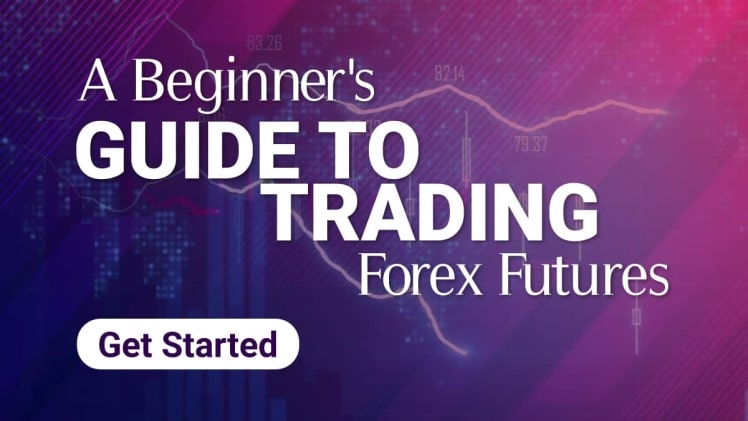Trading can be a very confusing and challenging process for newbies. People who get started trading usually get the impression that it is based on retail or online investing. The reality is that there are multiple types of markets, and they all behave in different ways. Futures trading is one of the most complex forms of trading, which consists of buying and selling large quantities of goods at an agreed price on a future date. On the other hand, you have forex trading, where traders buy and sell any currency against another to take advantage of tiny percentage differences within specific periods (most commonly daily).
What Are the Differences Between Forex and Futures Trading?
Trading Volume
The first difference is that of the trading volume. Trading futures means that you are buying or selling a particular commodity at an agreed price on a future date, so your options are limited to which contracts you can get access to. However, forex means trading any one currency against another, so there are hundreds if not thousands of options available for traders every day. The lack of options with futures means it is much more difficult for beginners to get started with this type of market.
Set-up Costs
A significant factor in offsetting some of the risks associated with futures trading is the cost involved with opening up an account and getting started. Since contracts are less standardized with options markets, there is a higher degree of risk associated with each trade. This means that the exchanges need to protect themselves by levying a higher fee on all transactions. Forex brokers don’t have the same overhead costs as futures exchanges, so they can offer much lower spreads (the difference between the bid and ask prices).
Margin Requirements
Margin requirements are also different between the two markets. Futures traders need to post a margin to enter into a contract. This acts as collateral if the trade goes sour, and the trader needs to liquidate their position. Forex brokers also require margin, but it is usually a percentage of the total position rather than a fixed amount. This gives traders more flexibility to take on more significant positions without worrying about meeting margin requirements.
Contract Specifications
Another key difference between futures and forex contracts is the contracts’ specifications. Futures contracts are standardized, meaning that each contract will have the same terms regardless of which exchange it is traded on. On the other hand, Forex contracts vary in size and shape depending on which currency pair is being traded. This can make it challenging for traders to compare prices between different brokers.
Settlement Dates
Unlike forex contracts, futures settlement dates are mandatory and cannot be changed. This means that traders have to be very careful when selecting a futures contract, as they need to ensure that it expires when they want it to. It is possible to roll over futures contracts until they expire if required, but this can incur additional costs.
Commission Fees
Commissions are also very different between the two markets. Futures brokers charge commission on every trade that you place, which can end up being very expensive in the long run. Forex brokers usually operate on a fixed fee structure regardless of how many trades you make in a month, meaning that your trading costs are more predictable. This can help new traders who need certainty about their total costs before trading.
Transparency
The final significant difference between options and forex has to do with transparency. Futures markets are much more transparent than forex markets, as all prices and order book information are publicly available. Forex brokers are not required to publish this information, so it can be difficult for traders to identify what is happening in the market. This can lead to traders making uninformed decisions and losing money.
In Conclusion
When participating in options trading in Australia, it is essential to be aware of the differences between forex and futures markets. Forex brokers offer lower spreads and commission fees, while futures contracts have more standardized terms and transparency. Choose the market that best suits your trading style and goals to maximize your profits.

